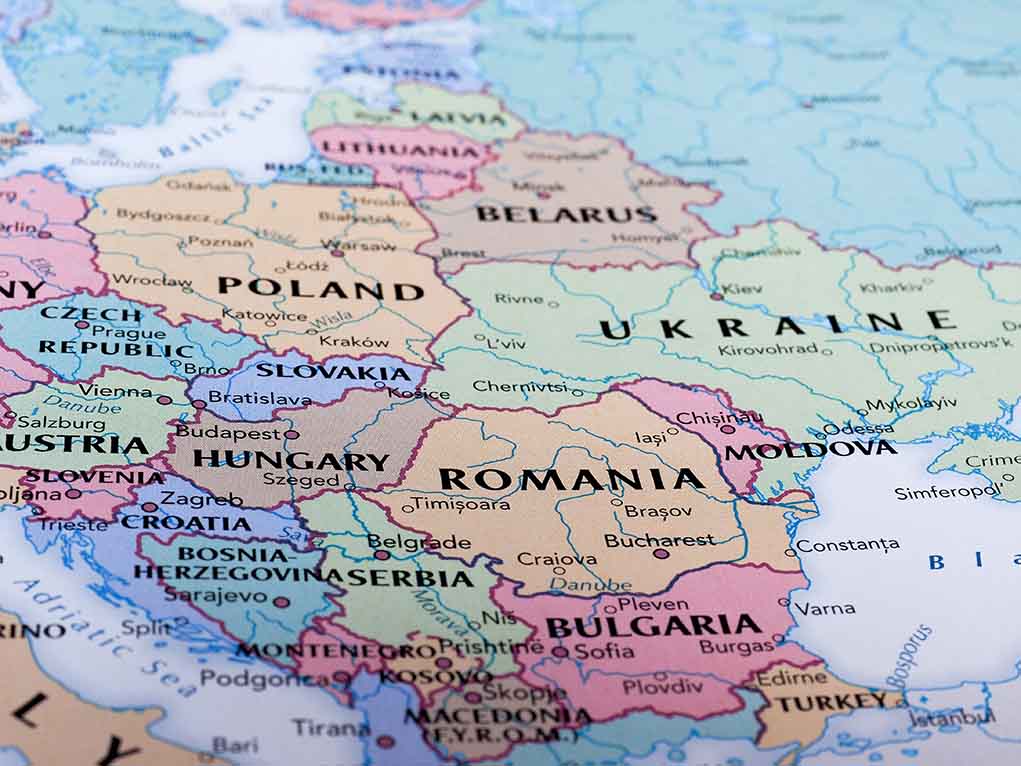Amid election controversy and widespread protests, Romanian President Klaus Iohannis resigns, plunging the country into political upheaval. His departure sends shockwaves through Romania, raising critical questions about the nation’s future.
Iohannis Steps Down to Avoid Crisis
In a surprising turn of events, Romanian President Klaus Iohannis announced his resignation on February 10, 2025, to avert a looming political crisis. Iohannis, who has served as president since 2014, decided in the face of mounting pressure and an impending impeachment vote.
Romanian President Klaus Iohannis announces resignation, says need to spare the country from 'crisis'
Iohannis' decision follows pressure from opposition and potential impeachment vote in parliament@eriknjoka tells you more pic.twitter.com/uXnIxBEFkD
— WION (@WIONews) February 10, 2025
The president’s resignation comes after the Constitutional Court annulled the results of the recent presidential election, where far-right candidate Calin Georgescu had initially claimed victory. This move sparked controversy and allegations of Russian interference in the electoral process.
Impeachment Threats and Public Unrest
Iohannis faced increasing criticism from opposition parties, including the far-right AUR and nationalist S.O.S party, who sought his ouster. Parliament was set to vote on a third impeachment request against the president, initiated by ultranationalist parties and some MPs from the Save Romania Union.
Romanian President Klaus Iohannis resigns amid criticism over election annulment and ban on Gheorgheescu from running 🤯👀.
The election annulment was due to confirmed foreign interference, sparking controversy and protests. Iohannis' resignation comes as a surprise, but it's… pic.twitter.com/COIRshSRBU
— The Viral Videos (@The_viralvideo_) February 10, 2025
“To spare Romania and its citizens from this crisis, I am resigning from the office of President of Romania. I will leave office the day after tomorrow, 12 February.” – Klaus Iohannis.
The president criticized the impeachment move as unnecessary and potentially chaotic, given that he was nearing the end of his term. He warned that such actions would disrupt discussions on rescheduling presidential elections and harm Romania’s international reputation.
Election Controversy and Russian Influence
The political turmoil in Romania stems from the annulled presidential election, where Calin Georgescu, a far-right candidate, initially won amid allegations of Russian interference. Despite these claims, Georgescu continues to poll at 40% popularity, and his supporters have been staging protests in support of their candidate.
“This is a useless endeavor because, in any case, I will leave office in a few months after the election of the new president. It is an unfounded move because I have never—I repeat, never—violated the constitution. And it is a harmful endeavor because … everyone loses, and no one gains.” – Klaus Iohannis.
Georgescu’s lawyers have requested the Constitutional Court to resume the second round of the presidential election, further complicating the political landscape. Meanwhile, the coalition government has suggested new presidential elections for May 4, with a potential second round on May 18, though no formal decision has been made.
Mixed Reactions and Future Implications
Iohannis’ resignation has elicited mixed reactions from various political figures. George Simion of the AUR party expressed satisfaction, suggesting that the president would have been impeached if he hadn’t resigned. On the other hand, Elena Lasconi of the USR criticized the timing of Iohannis’ resignation and called for institutional realignment.
As Romania prepares for the upcoming elections, questions arise about the implications for its international diplomacy. Iohannis played a crucial role in shaping Romania’s foreign relations, and his departure may impact the country’s standing within the EU and NATO.
The Senate chief will serve as interim president following Iohannis’ resignation, ensuring continuity in governance until the new elections. As Romania navigates this period of political uncertainty, all eyes will be on the upcoming May elections and their potential to restore stability to this key Eastern European nation.

